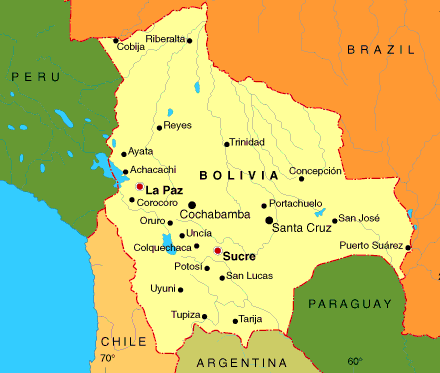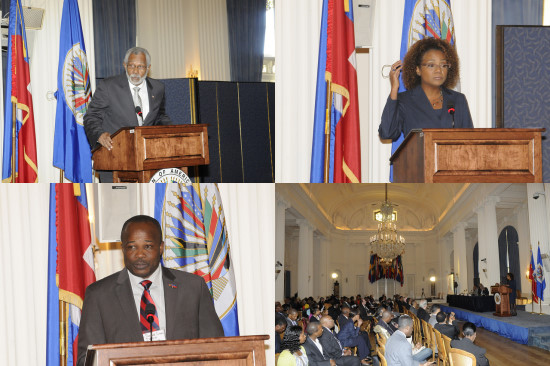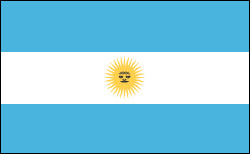Developers seek to build a high-end resort after longtime residents — who
say they were cheated — sell their rights to communal lands known as
ejidos.
ISLA HOLBOX, Mexico — Separated from the Yucatan Peninsula by a lagoon, this
pristine island has streets of sand, iguanas that roam among humans, and a
police presence best described as casual. In the tiny town on its western tip,
golf carts are the primary mode of transportation.
"It's like out of movie, isn't it?" said a chuckling Ramon Chan, a
41-year-old vendor who on a recent day was hacking away at fresh coconuts from a
cart on the beach.

In recent years, however, Isla Holbox (pronounced "holl-bosch") has sat at
the center of a complex legal dispute pitting powerful developers seeking to
build a high-end resort against a group of longtime residents who say they were
cheated out of their rights as holders of revolutionary-era communal lands,
known as
ejidos.
The fight illuminates the growing practice of transferring communal
ejidos — which make up slightly more than half of the national
territory — to private hands, a practice that was authorized in 1992 but remains
a legal twilight zone.
In separate cases, nine islanders allege that Peninsula Maya Developments
offered to buy their individualized
ejido parcels in a 2008 deal to
which they agreed. But in the process, the
ejidatarios allege, the
developers also persuaded them to unwittingly sell their permanent,
constitutionally guarded titles to the Holbox
ejido at large.
Because Mexico's agrarian law refers to "inalienable" titles to
ejidos, the islanders are asking courts to nullify the dual sale of
their parcels and titles.
In response, the company said the sales were legal and clear and suggested in
a statement that the
ejidatarios are trying to shake them down for more
money than the original price of about $388,000.
The developers contend that the
ejidatarios are challenging the deal
through loopholes in the
ejido laws, which established strict codes
meant to protect the rural peasant class from abuse by private interests. The
suits over the $3.2-billion development plan are working their way through
Mexico's agrarian tribunals, with one awaiting a hearing before the Supreme
Court.
In the meantime, the island simmers with discord, and the eastern end, where
La Ensenada resort would be built, remains untouched.
Roman Avila, a 60-year-old former fisherman and Holbox
ejidatario,
said operators working for the development wooed islanders with gifts and
promises of fortunes for all if they signed over their
ejido titles to
the Trust for the Promotion and Sustainable Development of Isla Holbox, which
the developers established.
They also told the
ejidatarios, he said, that they would ensure any
project they constructed would be environmentally sound, a welcome message after
Isla Holbox suffered heavy damage in the hurricane season of 2005.
The islanders didn't know precisely what they were signing, he said.
"Look, this is not an excuse, but when Hurricane Wilma hit here, we were left
with no money, and these people came who wanted our lands, and, well, they
offered us money," Avila said. "And we naively fell."
The problem, developers complain, is that whenever an
ejidatario
feels like invoking his or her constitutionally mandated rights, no matter
what a contract might say, he or she can challenge a deal.
Fernando Ponce, lead investor in the Holbox development plan and chief of the
Coca-Cola distribution company Bepensa, declined requests for an interview.


























